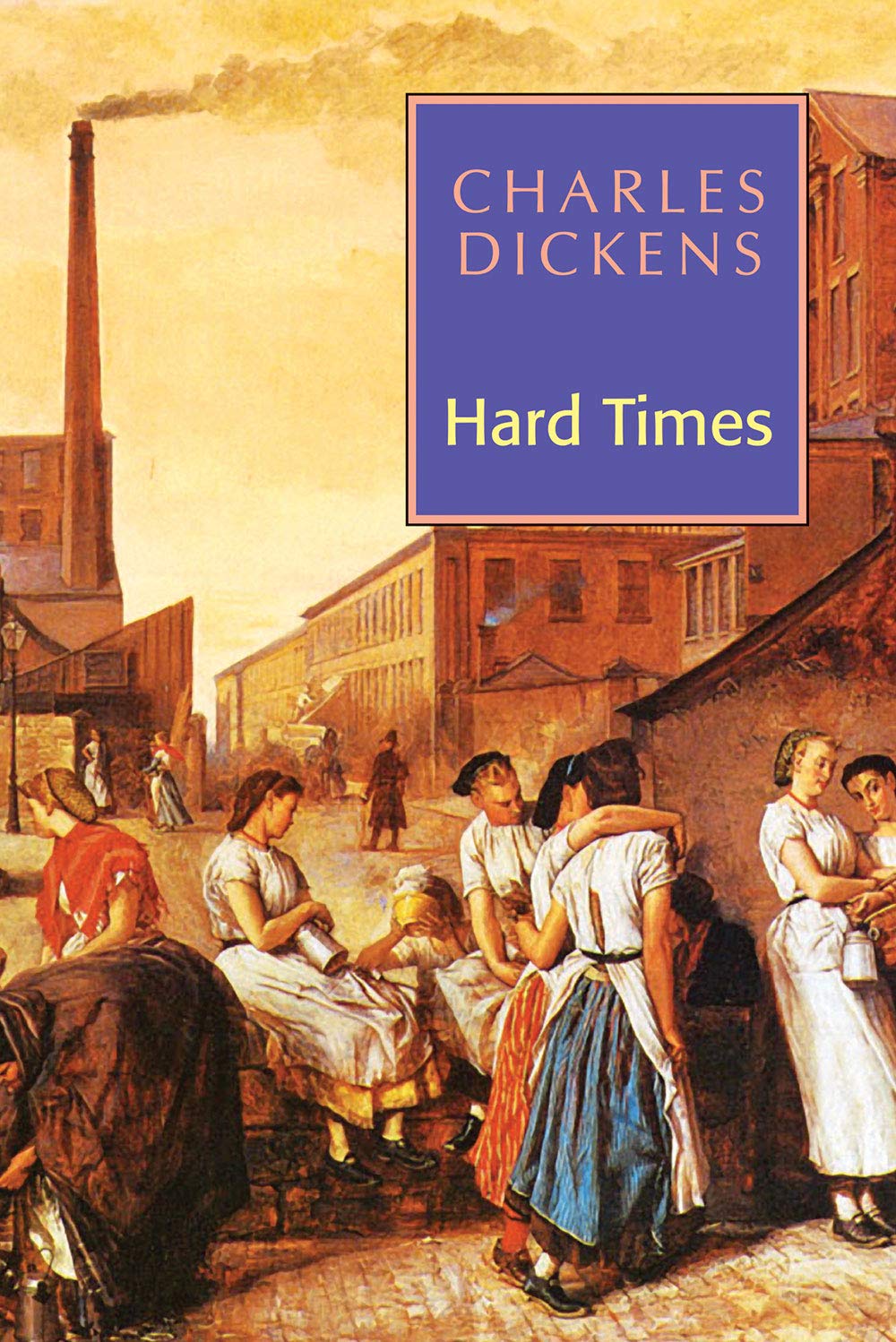
Dombey and Son
Book Description
In a world where love takes a backseat to ambition, the powerful Dombey family's legacy hangs by a thread. As pride blinds the ruthless businessman, Mr. Dombey, he seeks to secure his bloodline through his son, neglecting the fragile hearts of those who love him. Betrayals and rivalries simmer beneath a façade of respectability, while hope flickers in the unlikeliest of places. Tensions rise as family bonds are tested and destinies collide against the backdrop of 19th-century England. Will the relentless pursuit of status shatter the ties that bind them, or can redemption emerge from the ashes of despair?
Quick Book Summary
"Dombey and Son" is a sweeping Victorian novel by Charles Dickens that explores the consequences of pride, ambition, and emotional neglect within a powerful London family. Paul Dombey, the imperious owner of the shipping firm Dombey & Son, obsesses over securing his family's commercial legacy through his frail son, while disregarding the deep affections of his daughter, Florence. The premature death of young Paul devastates the family, but Mr. Dombey's pride remains unshaken as he enters an ill-fated marriage with Edith Granger, which brings further heartbreak. Dickens deftly weaves themes of family loyalty, social class, and redemption, showing how warmth and compassion ultimately triumph over arrogance and ambition. Through richly drawn characters and poignant social commentary, "Dombey and Son" stands as a powerful reflection on the enduring need for human connection.
Summary of Key Ideas
Table of Contents
The Corrosive Effects of Pride and Ambition
Paul Dombey is a successful, proud, and emotionally distant businessman whose sole focus is to perpetuate the family legacy of his firm, Dombey & Son. He places all his hope on his frail son, Paul Jr., believing the boy’s survival and success will secure the family’s name and fortune. Meanwhile, Dombey neglects and undervalues Florence, his devoted daughter, relegating her to emotional isolation. Dickens immediately sets up the divide between pride-driven ambition and the yearning for warmth and affection within the family.
Familial Love Versus Social Expectations
The tragic death of young Paul devastates Dombey’s ambitions and cracks the façade of his carefully constructed world. Florence grieves deeply, but finds herself further pushed away by her father’s coldness. Dombey’s pride blinds him to the loyalty and affection offered by his daughter. Lonely and embittered, the businessman seeks to repair his fortunes and reputation through a strategic marriage to the beautiful but strong-willed Edith Granger, whose own personal tragedies and lack of love in the arrangement foreshadow further heartbreak.
The Impact of Loss and Grief
Dombey’s obsession with status and control brings about his undoing. Edith, resisting the transactional nature of their relationship, eventually rebels and leaves him, leading to public scandal and the collapse of Dombey’s world. The business falters due to the treacherous actions of James Carker, Dombey’s devious manager, whose downfall is as swift as it is poetic. This sequence of betrayals and losses starkly illustrates Dickens’s criticism of a rigid social order built on pride, avarice, and appearance over substance.
Redemption and the Possibility of Change
Throughout the novel, Florence exemplifies steadfast love and resilience, offering care to her broken father even after years of neglect. Her eventual marriage to Walter Gay, a young clerk wrongly dismissed by Dombey and subsequently presumed dead, highlights the novel’s themes of hope and forgiveness. Walter’s return and his devotion to Florence provide a counterpoint to the Dombey family’s earlier misfortunes, demonstrating the enduring power of compassion and loyalty.
Class, Gender, and the Role of Women
The novel concludes with Dombey’s gradual transformation. Bankrupted and humbled by his losses, he finally acknowledges Florence’s love, embracing the possibility of personal redemption. The reconciliation between father and daughter stands as a testament to Dickens’s belief in the restorative nature of sincere human connection. Through vivid characterization and rich social observation, Dickens crafts a narrative that champions the virtues of humility, compassion, and emotional openness, set against the complexities of Victorian society.
Download This Summary
Get a free PDF of this summary instantly — no email required.





